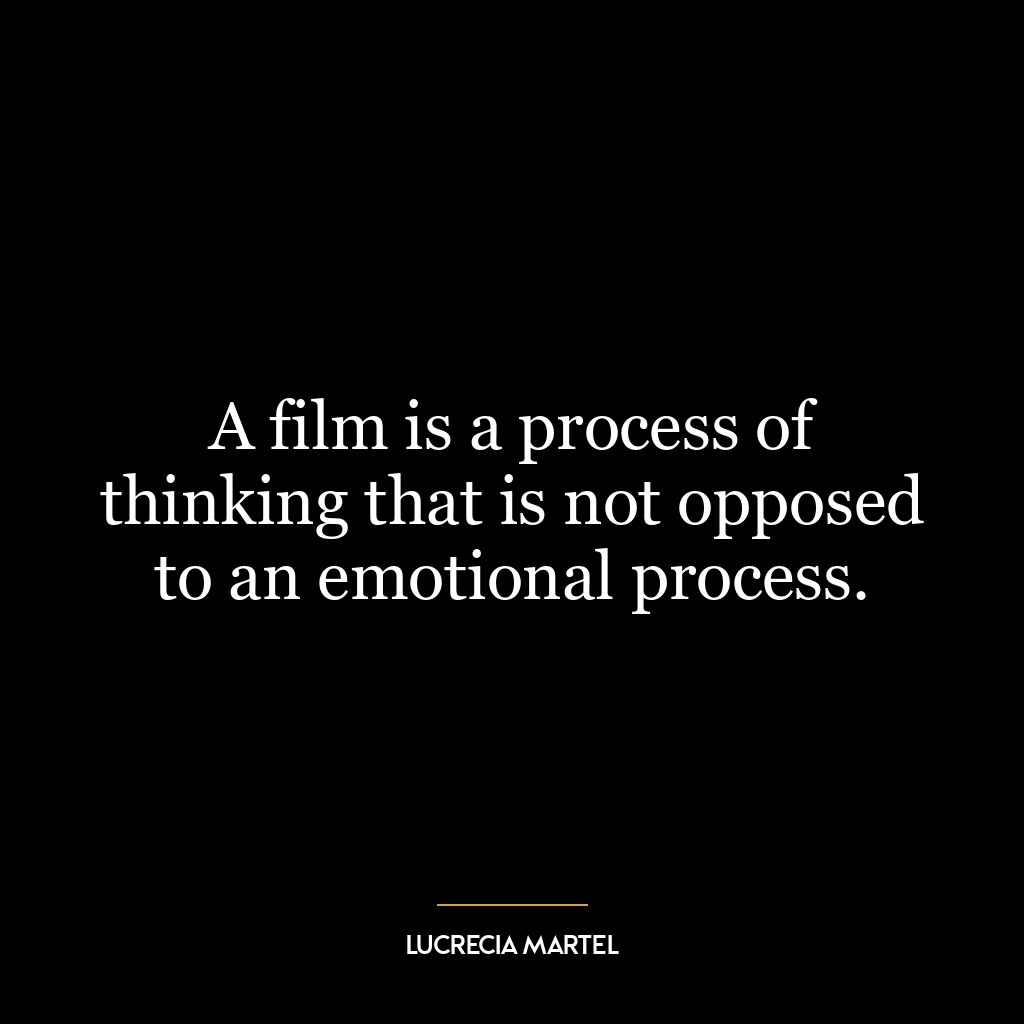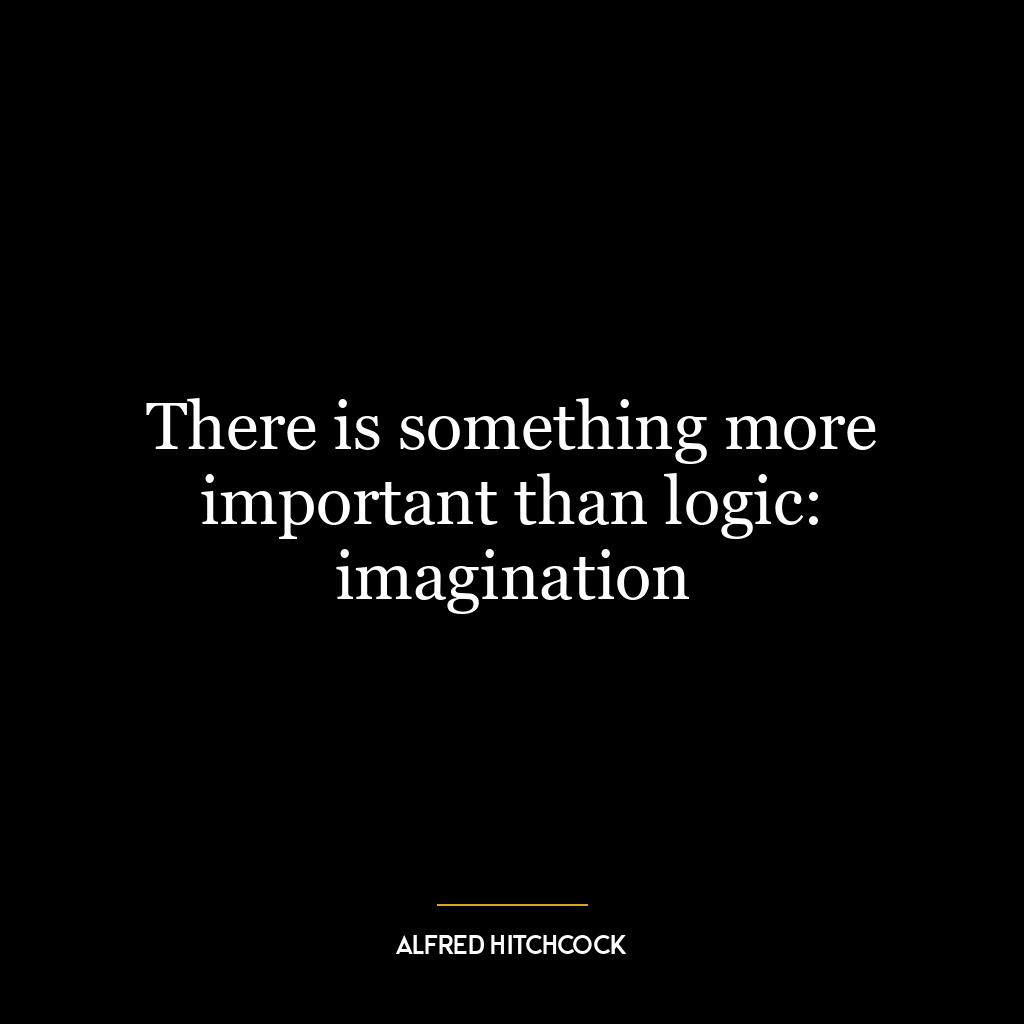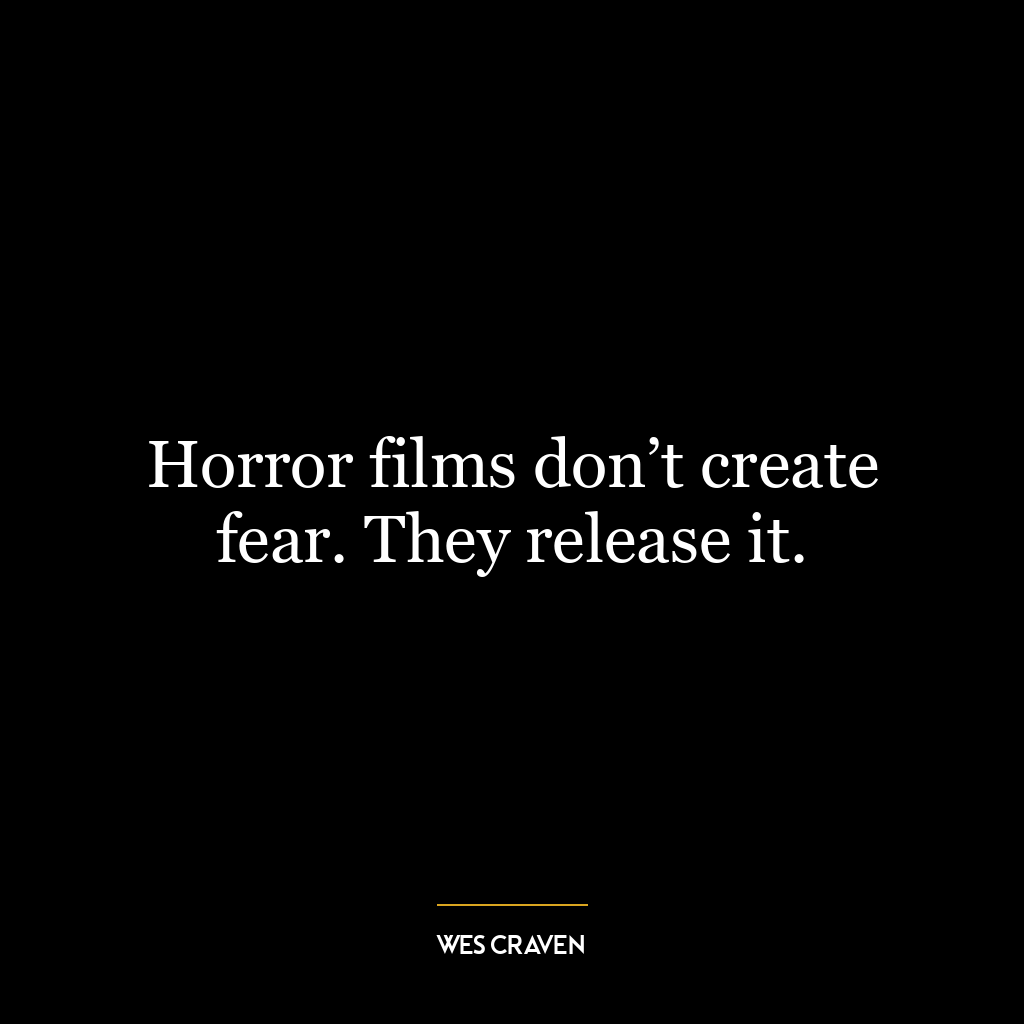Lucrecia Martel Quotes
- Film director
- Argentina
- 1966
Lucrecia Martel is an Argentine filmmaker known for her unique and thought-provoking style of storytelling. She was born in 1966 in Salta, Argentina and studied at the National University of Tucumán. Martel’s films often explore themes of class, gender, and power dynamics in Argentine society….Read More
Lucrecia Martel is an Argentine filmmaker known for her unique and thought-provoking style of storytelling. She was born in 1966 in Salta, Argentina and studied at the National University of Tucumán. Martel’s films often explore themes of class, gender, and power dynamics in Argentine society. Her debut feature film, “La Ciénaga” (2001), received critical acclaim and established her as a leading figure in Latin American cinema. She went on to direct “The Holy Girl” (2004), “The Headless Woman” (2008), and “Zama” (2017), all of which have been praised for their visual and narrative complexity. Martel’s work has been recognized at major film festivals, including Cannes and Venice, and she has been hailed as one of the most influential filmmakers of her generation.Read Less
Lucrecia Martel is an Argentine filmmaker known for her unique and thought-provoking style of storytelling. She was born in 1966 in Salta, Argentina and studied at the National University of Tucumán. Martel’s films often explore themes of class, gender, and power dynamics in Argentine society. Her debut feature film, “La Ciénaga” (2001), received critical acclaim and established her as a leading figure in Latin American cinema. She went on to direct “The Holy Girl” (2004), “The Headless Woman” (2008), and “Zama” (2017), all of which have been praised for their visual and narrative complexity. Martel’s work has been recognized at major film festivals, including Cannes and Venice, and she has been hailed as one of the most influential filmmakers of her generation.
Lucrecia Martel Career Highlights
Lucrecia Martel is an acclaimed Argentine filmmaker, known for her unique and thought-provoking approach to storytelling. She began her career in the late 1990s, directing several short films and documentaries before making her feature film debut in 2001 with “La Ciénaga” (The Swamp). The film received critical acclaim and launched Martel into the international spotlight.
Key Contributions by Lucrecia Martel
Martel’s films are known for their exploration of social and political issues, often through the lens of her native Argentina. She is also known for her use of non-linear storytelling and her attention to detail in creating immersive and atmospheric worlds on screen. Martel’s films have been praised for their complex and nuanced characters, as well as their commentary on power dynamics and societal norms.
What Sets Lucrecia Martel Apart
What sets Martel apart from other filmmakers is her distinct visual style and her ability to create thought-provoking and challenging narratives. She often incorporates elements of surrealism and magical realism into her films, blurring the lines between reality and fantasy. Martel’s films also feature a strong focus on sound design, adding another layer of depth to her storytelling.
Takeaways
Lucrecia Martel’s career highlights and key contributions have solidified her as one of the most influential and innovative filmmakers of our time. Her unique perspective and bold storytelling have earned her numerous awards and accolades, including being the first Latin American woman to be selected as a member of the Cannes Film Festival jury. Martel continues to push boundaries and challenge audiences with her thought-provoking and visually stunning films.











